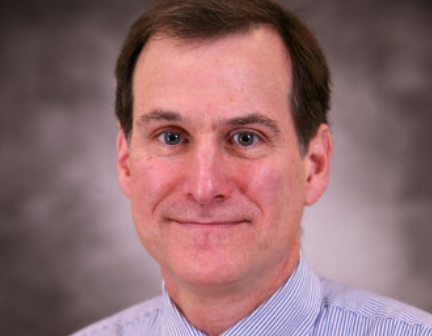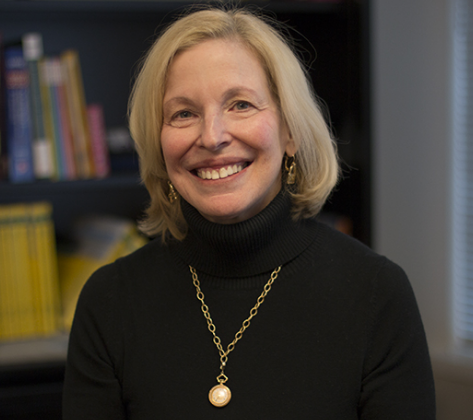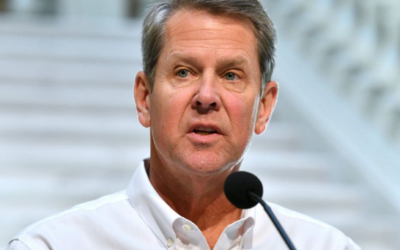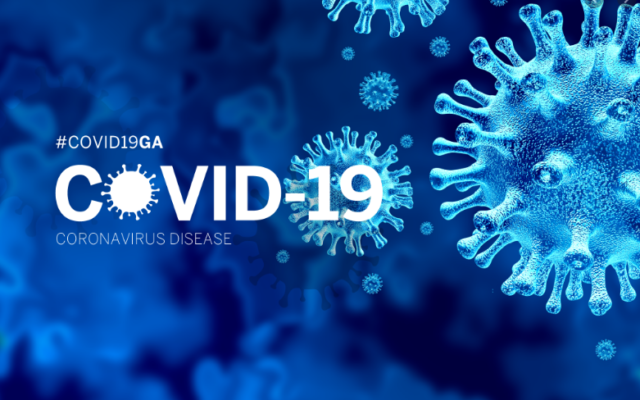Health Experts Offer Reopening Advice
Local public health consultants express concerns and advise community to proceed cautiously.
The Jewish Federation of Greater Atlanta has sought the advice of two of the nation’s leading public health experts in developing their plans for the gradual reopening of community activities. Earlier this month on July 16, those two experts publicly discussed their views in an online discussion.
Joining the conversation were Dr. Harry Heiman, associate professor in Georgia State University’s School of Public Health and Dr. Phyllis Kozarsky, professor of of Infectious Diseases at Emory University School of Medicine and a consultant to the Centers for Disease Control and Prevention.
Ed Queen, who is the director of the Ethics and Servant Leadership Program at Emory University’s Center for Ethics moderated the discussion. Portions of their discussion have been edited for space considerations.
On Jan. 31, the World Health Organization declared an international public health emergency related to the COVID-19 virus. At the time, the CDC reported that the United States had four cases of the disease. By late July, the CDC reported that over 4 million people had been infected with the disease and over 148,000 people had died in the U.S.
The two experts were asked to describe the public health situation at present and to make suggestions for moving forward.

Heiman: We, as a country, were wholly unprepared for this pandemic. We basically failed to step up the public health response that we needed to from the very beginning. It’s been a total failure of our political and public health leadership. We reopened much too quickly. So we’re actually in much worse shape now than we were in March. I think everyone needs to keep in mind that to safely reopen anything, we have to have much better control of the pandemic.
Kozarsky: We have done rather poorly, I think, since Memorial Day. We’ve seen these dreadful spikes here in Georgia. We really need to take bold moves moving forward in order to get some control of this outbreak. We have to particularly pay attention to those who are less fortunate than we are and what their needs are and provide essential services to people who need them and to be aware of food insecurity as well.
In mid-March, Georgia Gov. Brian Kemp ordered the closing of all public elementary, secondary and post secondary schools in the state. Most Georgia colleges began online course work for the remainder of the semester. By July 24 the state school board had made no decision when to reopen Georgia’s public schools. Drs. Heiman and Kozarsky were asked their thoughts about the reopening.
Heiman: I guess, the most striking and infuriating conversation going on right now is about school reopening. If you look at CDC criteria around or guidelines around school reopening, it’s very much predicated on the state of the epidemic in communities. So in order to reopen schools safely, you need to have a low level of infection and community spreads in the surrounding communities. And based on that, it’s either safe or unsafe. Well, based on that, we’re very much in the red zone, particularly in the metro area, but in most of our state. And the answer is it’s not safe to open schools to in-person instruction.
Kids really need to be in school. Public schools provide a profound social and economic service to families and allow parents to get to work because they are taking care of most kids in public schools. Kids also get some level of food support in school. So schools don’t just have an educational function. They also have a powerful social and economic function. But from a public health perspective, that is not safe to do until we get things quieter, get the pandemic under control in communities

Kozarsky: I think that we could start reversing some of the problems immediately if we started to be perfectly honest, mandating masks in public.
I think that if we paid attention to wearing masks, social distancing and the general preventive measures that we all have read about, I think we could do a really good job in forcing the case numbers down. If we were able to do that, I think that opening schools, as Harry mentioned, with keeping groups small after a certain age, having masks being used, social distancing, other mitigation strategies, I think it’s possible.
On April 24, Georgia became the first state in the nation to begin to restart the process of resuming public life after being shut down for week to combat the spread of the coronavirus. The experts were asked how the reopening process has worked and what comes next.

Heiman: We’re in phase three and we’ve never really met the criteria for phase one. So indoor dining in restaurants, event spaces, bars, nightclubs, amusement parks, I mean, those shouldn’t be part of the conversation right now. And part of that message is that every organization, I believe, needs to step back and say, based on where we are right now, what is safe and appropriate for my organization or institution.
Kozarsky: As we move into the fall, I think there needs to be consideration about the discussion of recommending strongly flu shots for those people who do not have a medical problem related to flu shots. So I think this will be an important preventive measure that we should try to enforce in any way we can
Heiman: Two things which I think are really critical for all organizations are, number one, the importance of regular, clear, proactive communication to whoever your organization or institution’s immediate community is. And the other is that, in contingency planning, to keep in mind that this is a very rapidly evolving situation. Hopefully it will evolve in a positive direction with some improved policy guidance from our political leadership. But to keep in mind that you will need to be flexible and nimble, to think about what will allow you to safely reopen and what will require you to step back.
- jewish federation of greater atlanta
- Dr. Harry Heiman
- Georgia State University School of Public Health
- Dr. Phyllis Kozarsky
- Emory University School of Medicine
- Centers for Disease Control and Prevention
- Ed Queen
- Ethics and Servant Leadership Program
- Emory University’s Center for Ethics
- World Health Organization
- COVID-19
- Brian Kemp
- News
- Health and Wellness




comments